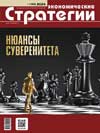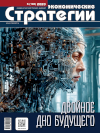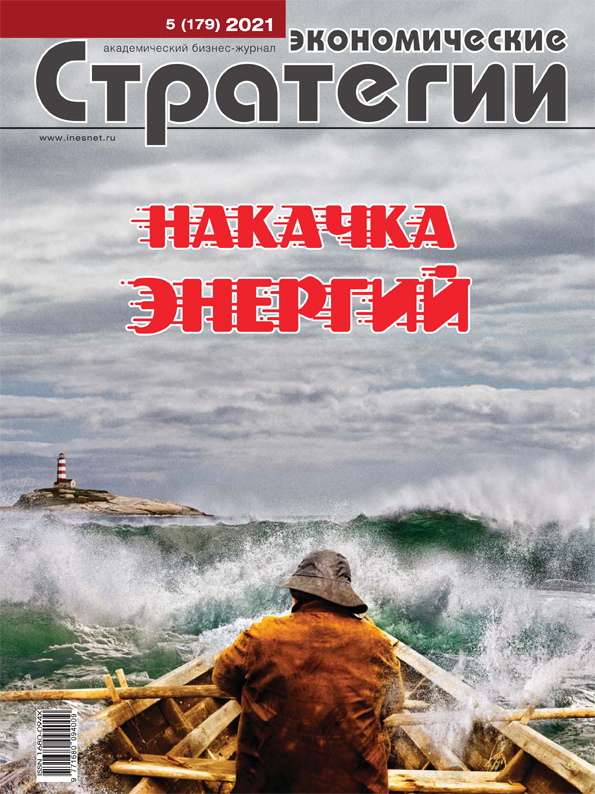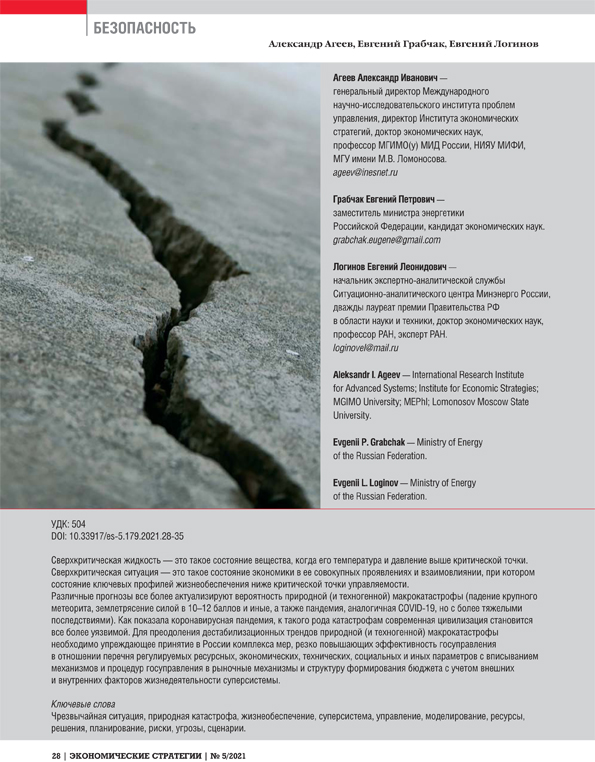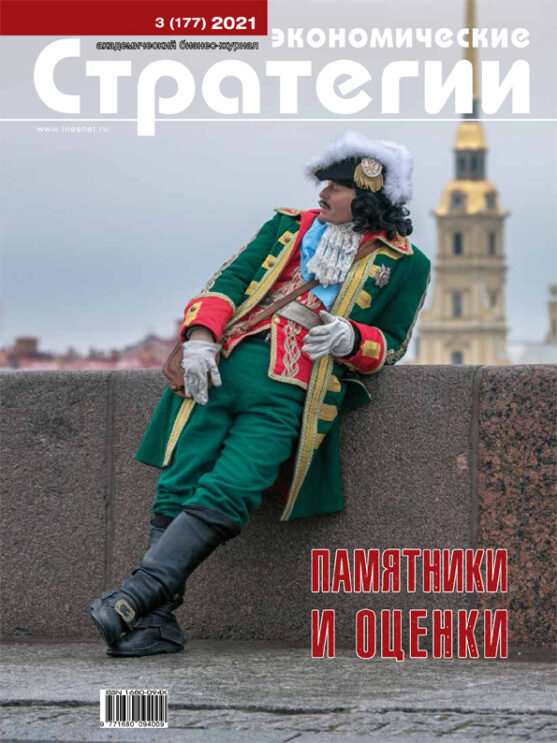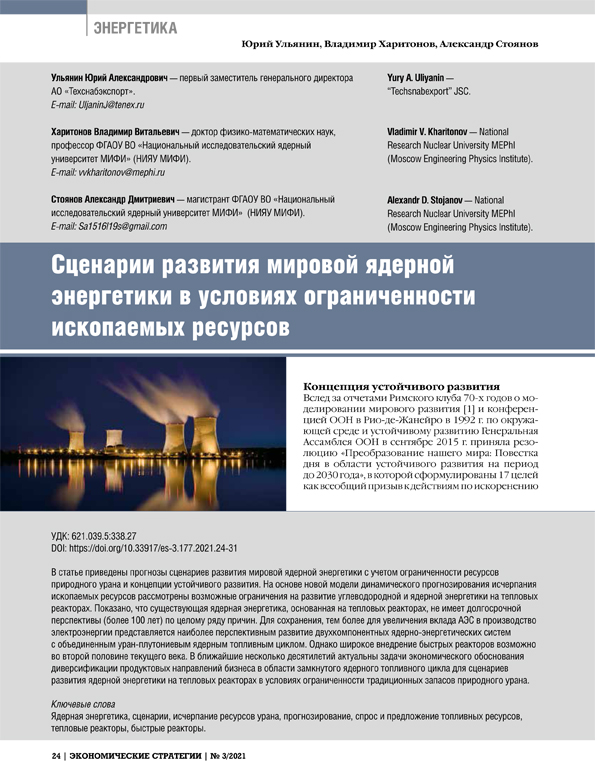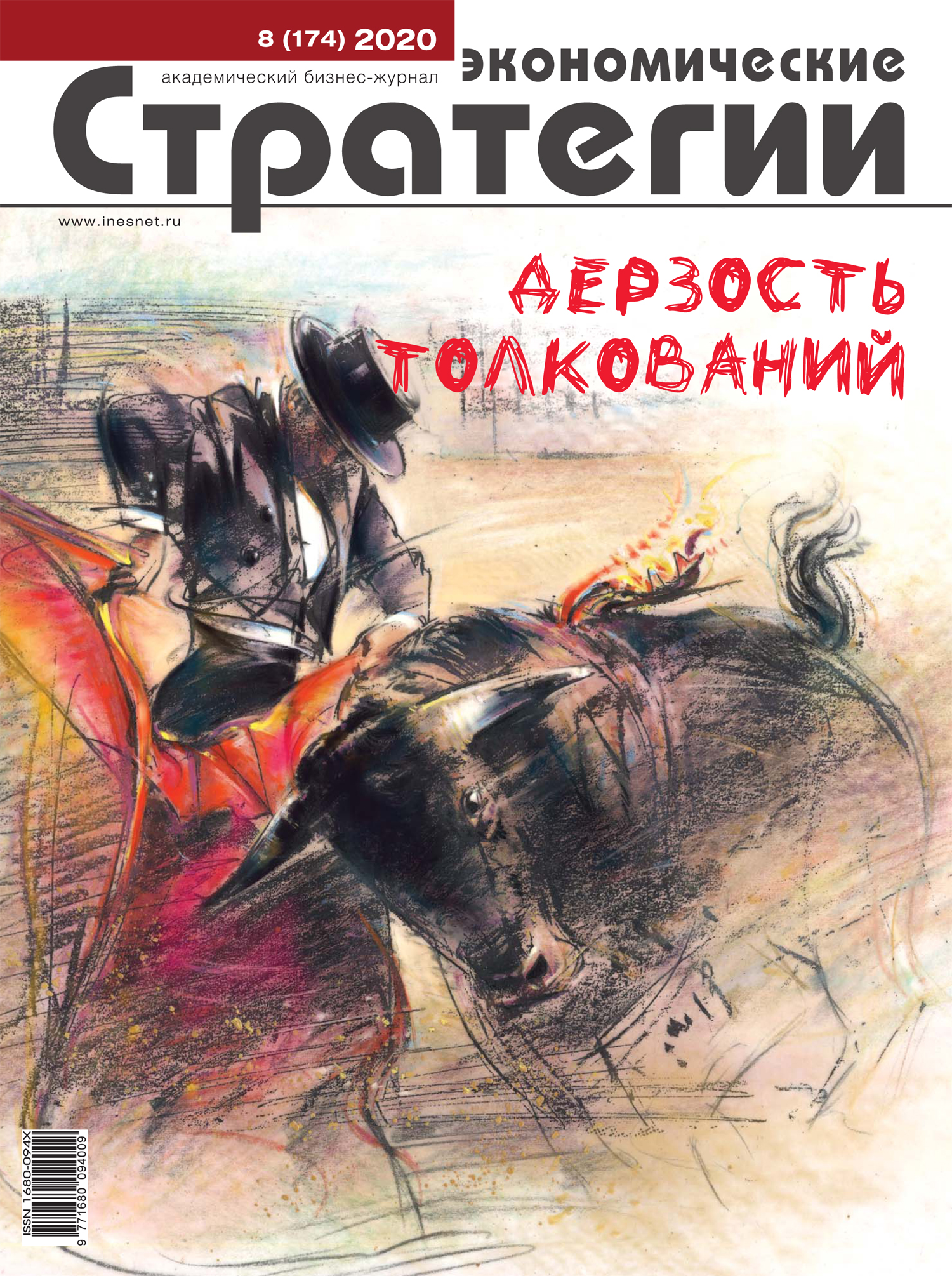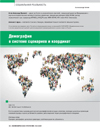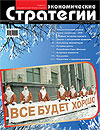DOI: 10.33917/es-1.193.2024.12-17
The problem of the economic policies ontology is examined. Paradigms define practices and scenarios for the future.
Crisis of the “mainstream” and the polymorphic structure of the world economy imply an intensive search for new theoretical and practical solutions.
References:
[1–8] in № 6(192)/2023, p. 51.
9. Ageev A.I. Predprinimatel’stvo: problemy sobstvennosti i kul’tury [Entrepreneurship: Issues of Property and Culture]. Moscow, Nauka, 1991, Glava 3.
10. Glaz’ev S.Yu. Za gorizontom kontsa istorii [Beyond the Horizon of the History End]. Moscow, Prospekt, 2021, pp. 382–388.
11. Bodrunov S.D. Noonomika [Noonomics]. Moscow, Kul’turnaya revolyutsiya, 2018.
12. Bodrunov S.D. Nooindustrial’noe obshchestvo: shag k neekonomicheskomu razvitiyu [New Industrial Society: A Step Toward Non-Economic Development]. Ekonomicheskoe vozrozhdenie Rossii, 2018, no 1(55), pp. 5–15.
13. Meadows D., et al. The Limits to Growth. N.Y., 1972.
14. Mesarovic М., Pestel Е. Mankind at the Turning Point. N.Y., 1974.
15. Tinbergen J. Reshaping the International Order. N.Y., 1976.
16. Meadows D. Beyond the Limits. Vermont, 1992.
17. Ageev A.I., Gromov V.A., Lukovnikova N.M., Pereslegin S.B., et al. Spletennyy mir: russkiy doklad Rimskomu klubu: Proektirovanie budushchego.
Problemy tsifrovoy real’nosti (2–3 fevralya 2023 g., Moskva) [The Woven World: Russian Report to the Club of Rome: Designing the Future. Problems of digital reality (February 2–3, 2023, Moscow)]. Pod red. G.G. Malinetskogo. Moscow, IPM im. M.V. Keldysha, 2023, 360 p., pp. 97–120.
18. Ageev A.I. Spletennyy mir: global’nye vyzovy I sverkhvyzovy: Ekonomika Rossii i mira v epokhu smeny mirokhozyaystvennykh ukladov: teoriya, metodologiya, praktika: Sb. tezisov dokladov uchastnikov XV Pushchinskogo simpoziuma po evolyutsionnoy ekonomike [The Intertwined World: Global
Challenges and Super-challenges: The Economy of Russia and the World in the Era of Changing World Economic Structures: Theory, Methodology, Practice: Sat. abstracts of reports of participants of the XV Pushchino Symposium on Evolutionary Economics]. Moscow, IE RAN, 2023, 170 p., pp. 93–95.
19. Ageev A.I., Gromov V.A., Kamionskiy S.A., Pereslegin S.B., et al. Spletennyy mir: koshka perevernulas’: Doklad Rimskomu klubu: Rezyume doklada [The Intertwined World: The Cat Turned Over: Report to the Club of Rome: Summary of the Report]. Moscow, MNIIPU, 2023, 52 p.




